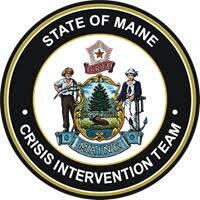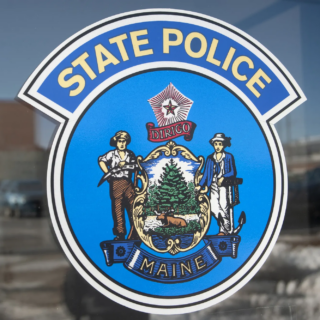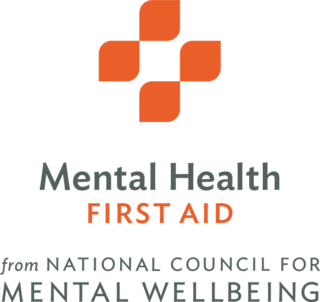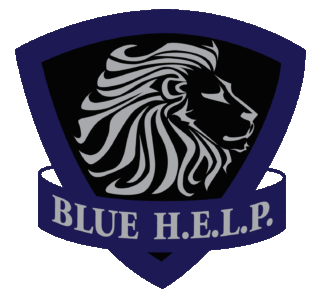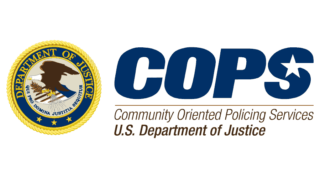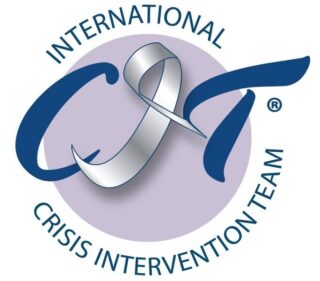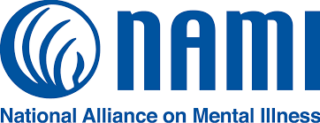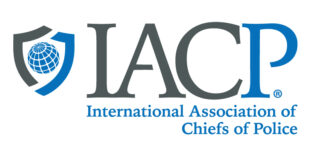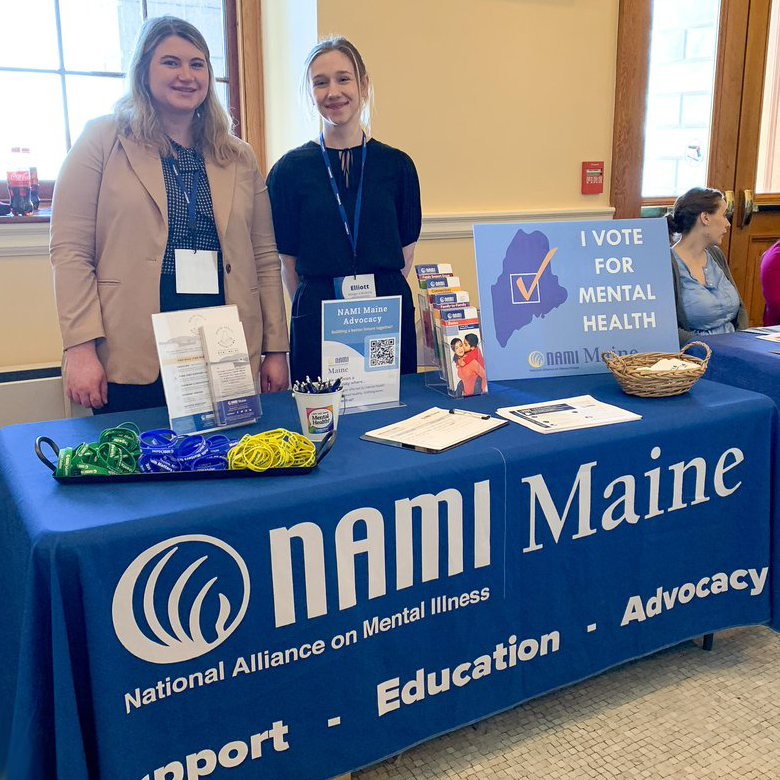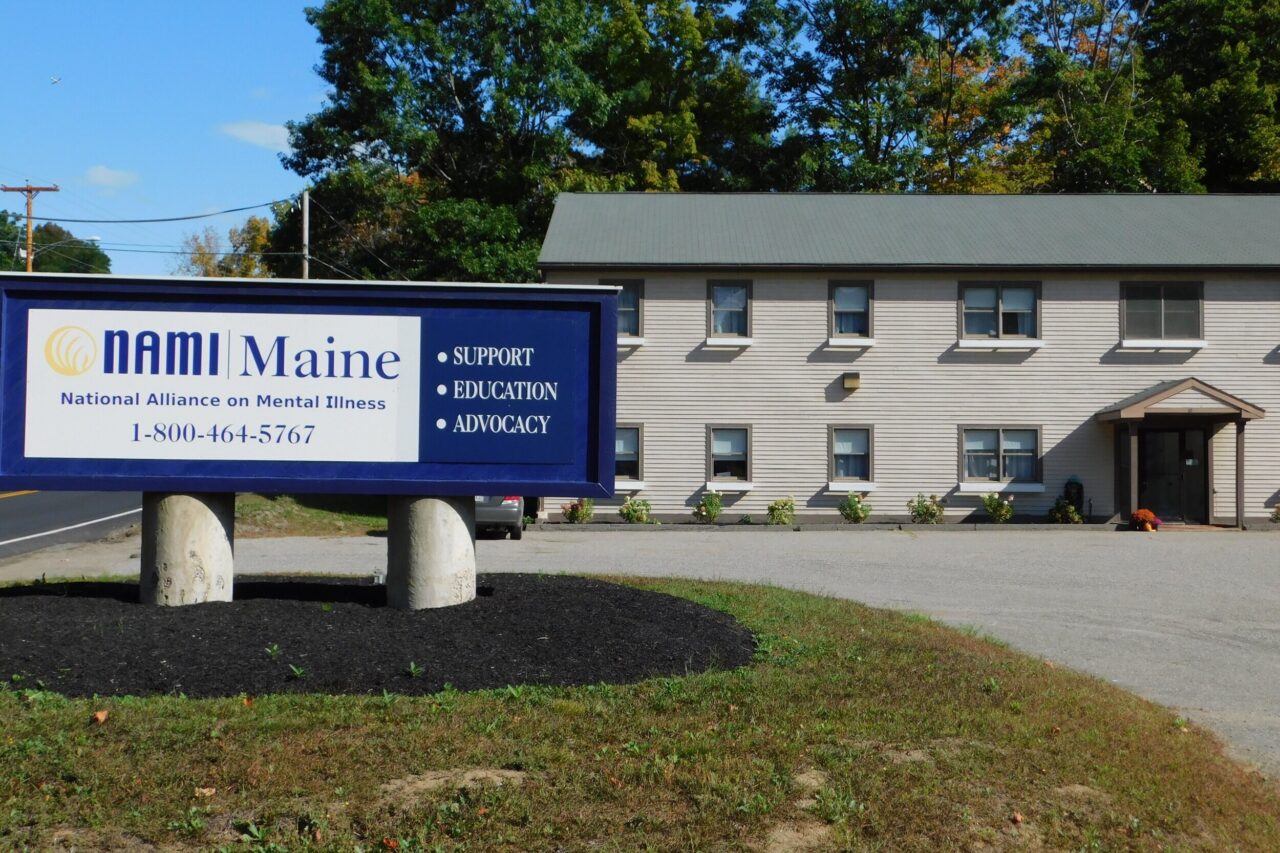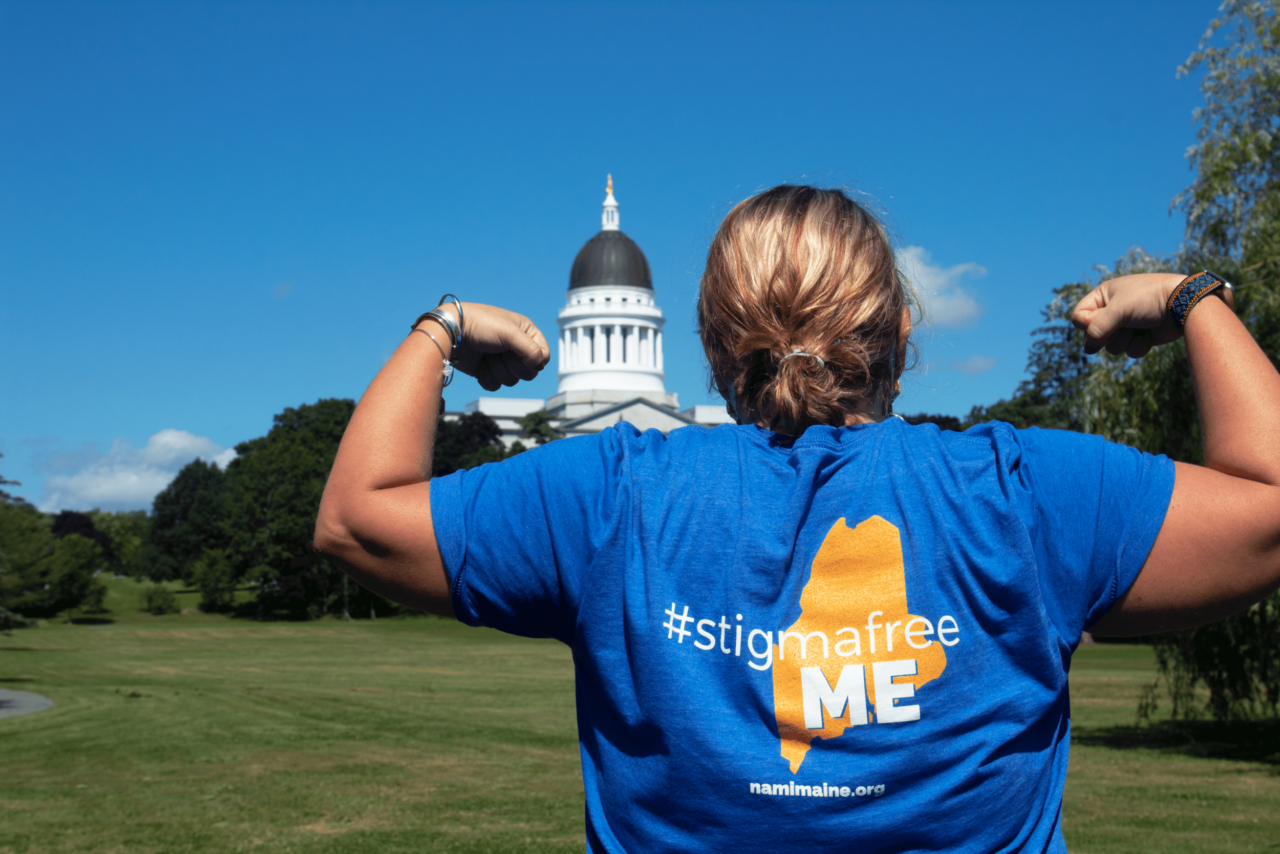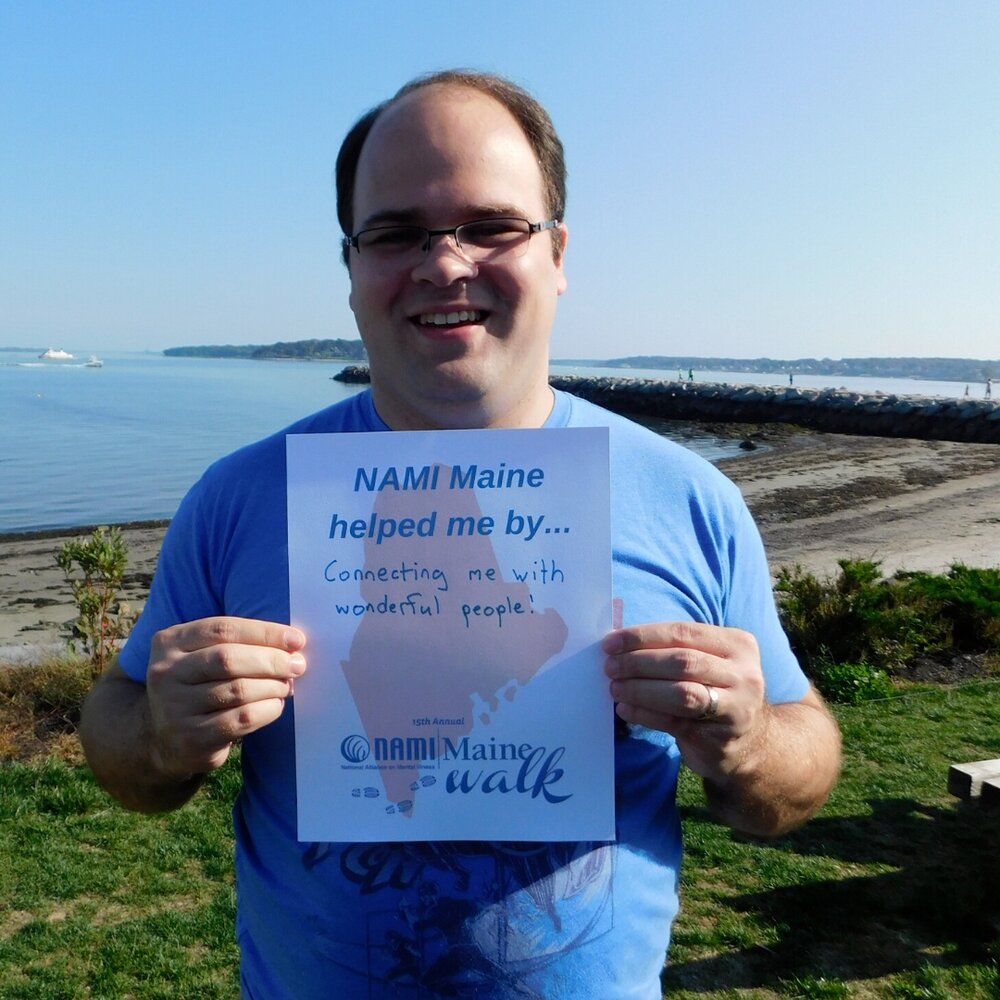Resources

Programs
Crisis Intervention Team (CIT) training consists of 40 hours of specialized training for uniformed patrol, law, and correctional officers, as well as emergency medical service providers, emergency room staff, and other first responders.
Law enforcement and corrections officers learn how to respond to calls and situations concerning persons with mental illness in crisis.
As we train law enforcement in Crisis Intervention Team (CIT) to better respond to people experiencing a mental health crisis, NAMI Maine found it critical that we also support the mental health of police officers through peer support and culturally competent providers. Visit our Officer Wellness page for more information.
Mental Health First Aid for Law Enforcement is an 8-hour course that teaches you how to those in your life who are developing a mental health problem or experiencing a mental health crisis. Mental Health First Aid is a national best-practice, evidenced-based certification course that is 8 hours in length and leads to a 3 year certification issued by the National Council on Behavioral Health.

Resources
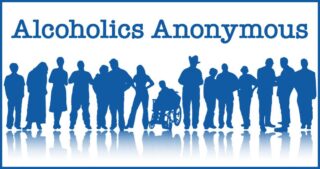
Officer Only Alcoholics Anonymous Meetings in Maine
Southern Maine Law Enforcement AA group
Tues. evenings at 6:30pm
Falmouth
For more details on the locations please contact Matt Brown at (207) 415-4737.
Any officer, supervisor, family member who is in need or just wants more information on these meetings, or AA or help with a substance use issue in general can call retired USPO Matt Brown, 24/7/365 at (207) 415-4737. A member of our group can come meet with you or whoever needs assistance, statewide.
Blue H.E.L.P.
Honoring the Service of Law Enforcement Officers Who Died by Suicide
Offering comfort and honor to the families who have lost an officer to suicide is necessary to maintain the credibility of the thin blue line. All officers, regardless of method of death, deserve thanks; all families deserve your support.

The occupational fatality rate for law enforcement is three to five times greater than the national average for the working population. The officers who protect us must also be protected-against incapacitating physical, mental, and emotional health problems as well as against the hazards of their job. We have built a library of our resources below to help agencies better look after the physical safety and mental wellness of their officers. We also support LEO Near Miss: A national, voluntary, non-disciplinary reporting system that allows law enforcement personnel to read about and anonymously share “close calls” or “near misses,” which provide lessons learned that can save the lives of other law enforcement officers.
The Crisis Intervention Team (CIT) program is a community partnership of law enforcement, mental health and addiction professionals, individuals who live with mental illness and/or addiction disorders, their families, and other partners to improve community responses to mental health crises. While CIT programs are known for CIT-trained officers, successful programs also focus on improving the crisis response system, advocating for needed services, and strengthening partnerships across the community.
Police work is often stressful and officers are likely to experience or witness violence and death. These stresses can have a big impact on officers’ physical and mental well-being, and can accumulate over the course of a career. Many officers struggle with alcohol abuse, depression, suicidal thoughts, post-traumatic stress disorder and other challenges. Here are some of the facts.
Policing is a demanding, often stressful career. On a daily basis, officers can be exposed to the worst humankind has to offer. They are called upon to make life and death decisions in a split-second and margins for error are slim. Despite these known stressors, officer mental health is a an often overlooked component of officer safety and wellness. IACP is committed to raising awareness around the importance of officer mental wellness and providing corresponding resources to help.
The One Mind Campaign seeks to ensure successful interactions between law enforcement and individuals with mental health conditions. The initiative focuses on uniting local communities, public safety organizations, and mental health organizations so that the three become “of one mind.” To join the campaign, law enforcement agencies must pledge to implement four promising practices over a 12-36 month time frame.
The On-Site Academy is a non-profit residential treatment and training center for critical incident stress management. We serve emergency service workers who are in distress. Our program is for all law enforcement, fire service, EMS, or other human service personnel who are themselves temporarily overwhelmed by the stress of their jobs, what they have seen, and what they have been through.

The Police Health – Physical and Mental Fitness topic provides cops with videos, training drills and expert advice to help ensure the officer’s head is straight and body is strong. Complete physical and psychological fitness – through regular trips to the gym, five-mile runs, and conversations with the police psychologist – is critical for an officer to perform the job to maximum potential.
The VALOR for Blue Web Portal provides resources such as articles, online training, podcasts, links to organizations with an officer safety focus, downloadable documents, and posters geared toward a law enforcement audience. These resources focus on topic areas related to officer safety, wellness, and resiliency and are updated regularly.



